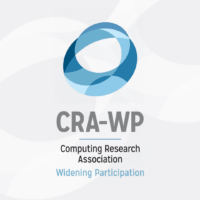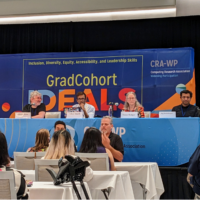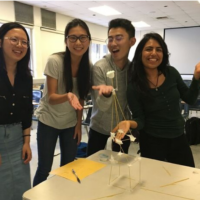
Expanding the Pipeline – From Industry to Academia: How the NSF CSGrad4US Mentoring Program Is Transforming Pathways to Graduate School
By Eniola Idowu, Research Associate, CERP For professionals working in computing, the decision to return to graduate school can be daunting. Many aspiring researchers find the transition challenging due to uncertainties around the application process, financial considerations, and balancing academic expectations with prior industry experience. The NSF CSGrad4US Mentoring Program, led by the Computing Research Association’s Committees […]










